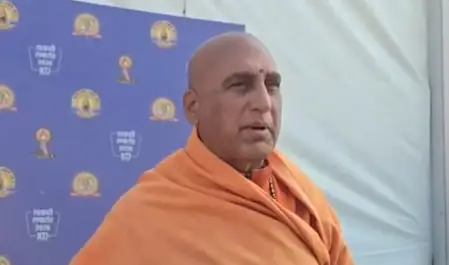Despite the JD(S)-Congress coalition government being reduced to a minority (100 MLAs), the opposition BJP is still wary of seeking a trust vote or of moving a no-confidence motion in the monsoon session of the legislature beginning Friday. Instead, the saffron party has been seeking the resignation of chief minister HD Kumaraswamy on moral grounds.
Why BJP is wary of a floor test
Although 16 MLAs from Congress and JD(S) have resigned, speaker KR Ramesh Kumar is yet to accept their resignations. Unless resignations are accepted, the strength of the legislative assembly remains 224. In the event of a trust vote or non-confidence motion, the coalition will easily pass the test by issuing a whip to all its MLAs.
However, the BJP may be a better position to plan its future course of action by the end of the day today once the speaker decides on the fate of rebel MLAs. The Supreme Court on Thursday asked 10 rebel MLAs of the Congress-JD(S) coalition in Karnataka to meet the assembly speaker at 6pm and to resubmit their resignations to him.
The SC refused urgent hearing on the speaker’s plea seeking more time to decide on resignation of rebel MLAs. The apex court said the decision taken by the speaker has to be intimated on Friday when it takes up the matter again.
No-confidence motion vs trust vote
A confidence motion or a trust vote is normally proposed by the chief minister to test the majority in the assembly with or without a direction from the speaker or governor. A no-confidence motion is usually moved by the opposition when it feels that the ruling party or parties does not have a majority in the House any longer.
Consequences of violating party whip
If an MLA violates a whip, s/he faces expulsion from the House under the anti-defection law. The JD(S)-Congress government is also thinking of using the Tamil Nadu model to teach rebel MLAs a lesson.









